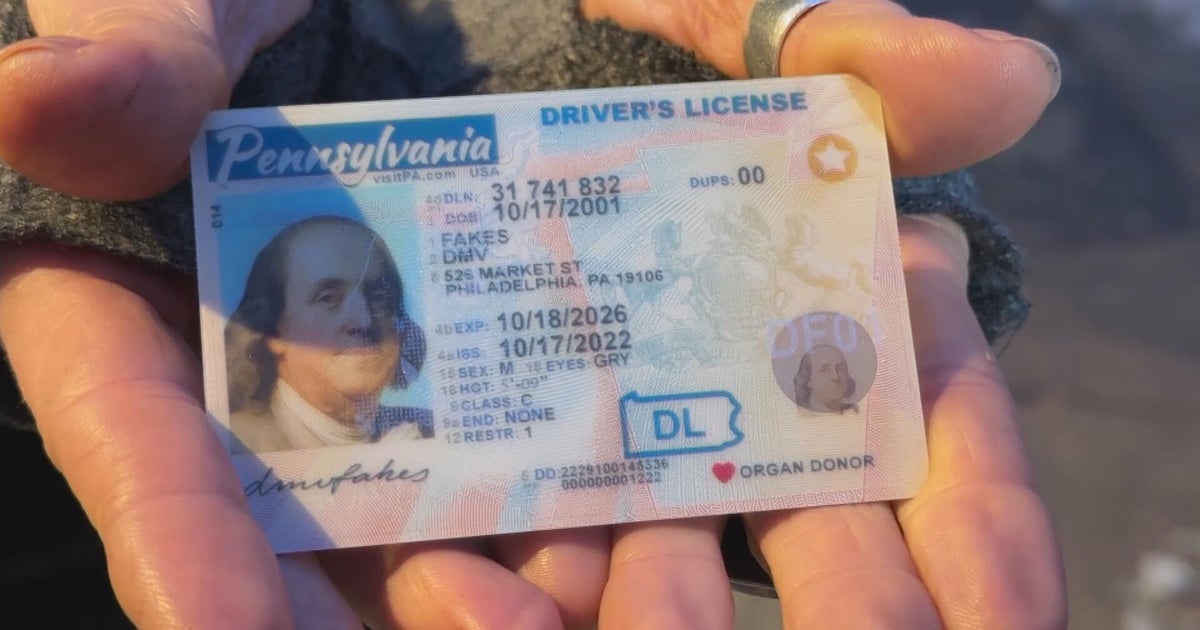Costco to increase its minimum wage to $16 next week, CEO says
Costco CEO Craig Jelinek said that the retailer will boost its minimum wage to $16 an hour starting next week, up from its current baseline pay of $15 an hour. That will hike Costco's lowest pay rate to $1 an hour above that of many competitors, including Amazon.com and Target.
Jelinek announced the pay boost while speaking at a U.S. Senate Budget Committee hearing on worker wages at large companies such as Costco, Walmart and McDonald's. Costco's philosophy is that higher pay reduces employee turnover, increases loyalty and ultimately improves efficiency and the bottom line, Jelinek said. The company has 180,000 workers in the U.S.
Providing competitive pay "makes sense for our business," Jelinek said. "We try to take care of our employees because they play a significant role in our success."
The announcement comes amide debate over whether to lift the federal minimum wage, which has remained at $7.25 an hour since 2009, the longest stretch without a raise in the base wage's history. Part of President Joe Biden's $1.9 trillion stimulus relief effort includes a measure to boost the minimum wage to $15 an hour by 2025 — a pay hike that Republican lawmakers argue would add to the financial strain of small businesses as they struggle to recover from the economic impact of the pandemic.
Costco had last boosted its baseline pay in 2019, when it raised its minimum wage to $15 an hour. Jelinek added that many of its workers earn far more than that, noting that more than half of its hourly workers earn more than $25 an hour. Amazon.com boosted its baseline pay to $15 an hour in 2018, while Walmart's minimum hourly rate remains at $11 an hour.
"A profound question"
Senator Bernie Sanders, an independent from Vermont, held the Thursday hearing to examine issues surrounding low-wage workers and public aid programs such as food stamps and Medicaid, the government health care program for low-income households. Sanders last year commissioned a report from the U.S. Government Accountability Office that found millions of adults who hold full-time jobs also rely on public aid programs to make ends meet, including employees of McDonald's, Walmart, Dollar Tree and Dollar General.
The hearing was aimed at what Sanders called "a very simple yet I believe profound question" about whether taxpayers should subsidize low-wage work at large, profitable businesses. In its report, the GAO found that roughly 70% of adult wage earners who also got Medicaid or who collected food stamps worked full-time.
"There remain millions of low-income workers who contribute to the workforce while raising their families. Unfortunately, they still can't make ends meet," Cindy Brown Barnes, director of education, workforce and income security at GAO, said at the hearing.
"The largest welfare recipient in America happens to be the wealthiest family in America: the Walton family," Sanders said at the hearing, referring to the founding family behind publicly traded Walmart. He added the CEOs of Walmart and McDonald's "declined my invitation to be here today."
McDonald's worker Terrence Wise told lawmakers at the hearing that he struggled to provide for his three daughters even before the pandemic, and when the crisis hit, the chain cut his weekly hours to 28 from 40. Wise and his family were evicted and moved in with other family, and he said he still relies on food stamps and Medicaid.
"You shouldn't have to work in the richest nation on earth and be homeless," Wise said. "People think, 'You work full time, life must be great.' Well, it's not."
"Unfathomable to me"
Republican lawmakers are pushing back against the effort to boost the minimum wage to $15 an hour, arguing that the effort would hurt small businesses as they struggle to emerge from the pandemic's economic hit. One restaurant owner told the committee that raising the baseline wage to $15 an hour would hurt his operations.
"It is unfathomable to me that Congress would consider the Raise the Wage Act in the middle of the pandemic," said Carl Sobocinski, the president of Table 301, a company that owns several restaurants in South Carolina.
He estimated that his payroll costs would increase by 33% if the baseline wage was $15 an hour, and predicted that businesses would shutter as a result. Even so, he added that he isn't opposed to a minimum wage increase, but noted that small businesses may not be able to handle it the same way as large corporations might.



